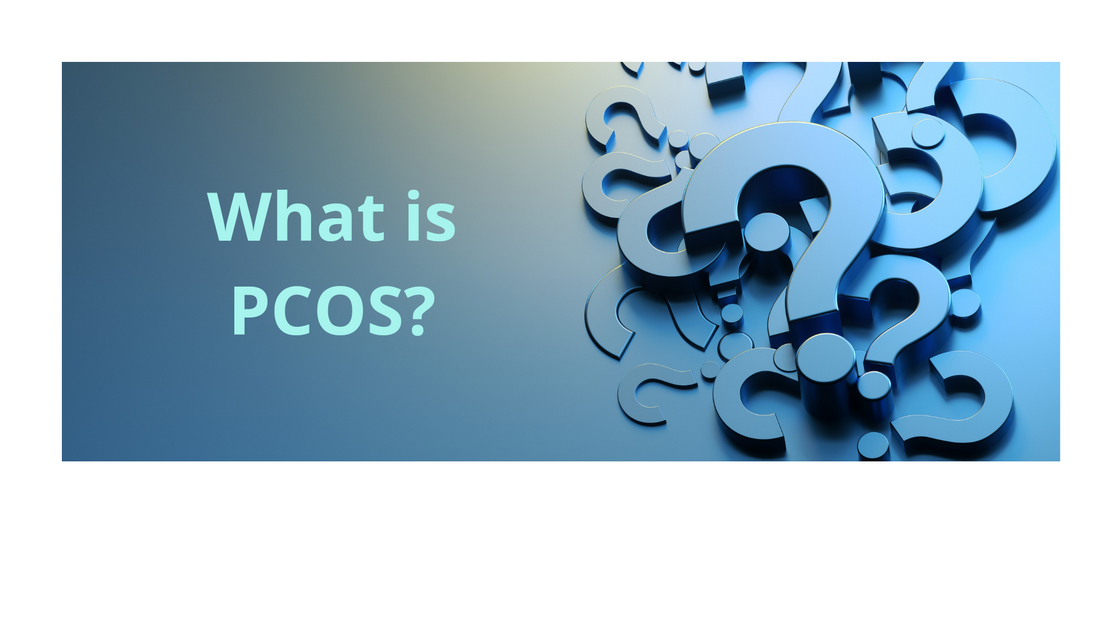
So, you have been diagnosed with PCOS or suspect having it. You may be wondering what PCOS is. PCOS stands for Poly Cystic Ovarian Syndrome and is a common endocrine disorder affecting approximately 10% of reproductive age women across the world. PCOS is generally characterized using conventional diagnostic methods including the following present at time of diagnosis: high levels of androgens (these are male hormones like testosterone), insulin resistance, absent or irregular periods, tiny follicles present on the ovaries often confused for cysts but often appear as a strand of pearls on an ultrasound scan.
PCOS is not a death sentence, it is a treatable disorder, and you can regain your life while having PCOS regardless of your reproductive goals.
Common Symptoms and risks for women with PCOS:
- Irregular cycles
- anovulatory cycles (this is when you do not ovulate at all even when having a period)
- Insulin Resistance leading raising likelihood of developing diabetes
- Difficulty losing weight, easy to gain and hard to curb cravings
- Excess hair growth on face, body and private areas
- Hair loss and thinning
- Higher instances of thyroid irregularities
- Vitamin deficiencies specifically with B, D, Zinc and Magnesium
- Higher risk for heart disease
- Higher risk for reproductive cancers later in life
- Higher risk with developing gestational diabetes
- Higher risk for issues with progesterone also affecting pregnancy
- Can be challenging to conceive (BUT EXTREMELY POSSIBLE TO CONCIEVE DO NOT LET THIS DETER YOU!)
GOOD NEWS is that PCOS has come a long way in the medical community and is highly treatable using a less is more approach with supplementation and maintaining a healthy lifestyle (the best you can…we are all human)!
Ok, so now you know WHAT PCOS is and what the risks and symptoms are. What is next? Stay tuned to click our links below to read on!
*Do I have PCOS? Tips for testing to get the proper diagnosis, treatment and baseline bloodwork
*Types of PCOS THERE ARE FOUR TYPES and treating PCOS effectively can be easily navigated by educating yourself and identifying what type you may have. THIS IS A MUST READ!
*Sharks in the water. How to avoid "Professionals" taking advantage of women with PCOS and what to look for when deciding on PAYING for a service to treat your PCOS (Dieticians, nutritionists, coaches, therapists, doctors and nurses). AVOID THE GIMMICKS!
Love, Light, Balance and Baby Dust
Emily and Sasha


1 comment
Awesome blog entry! So simple and easy to understand! Thank you for sharing!